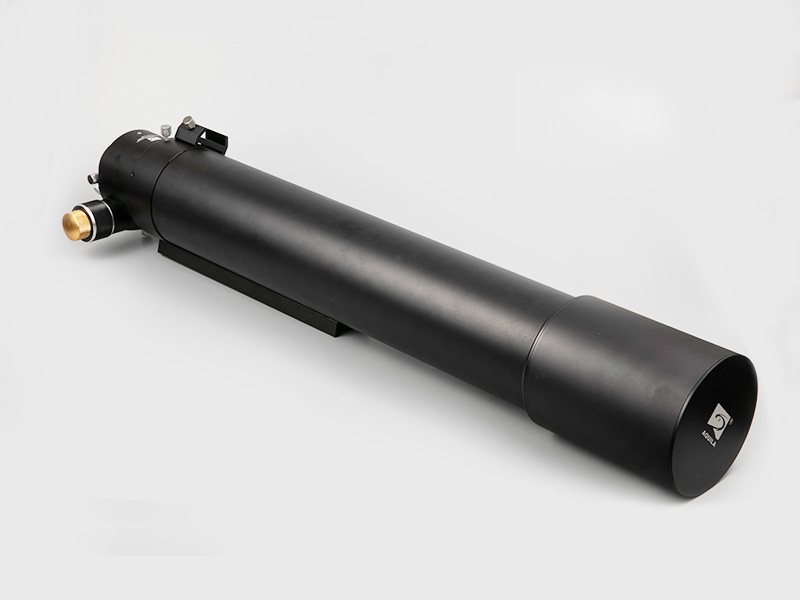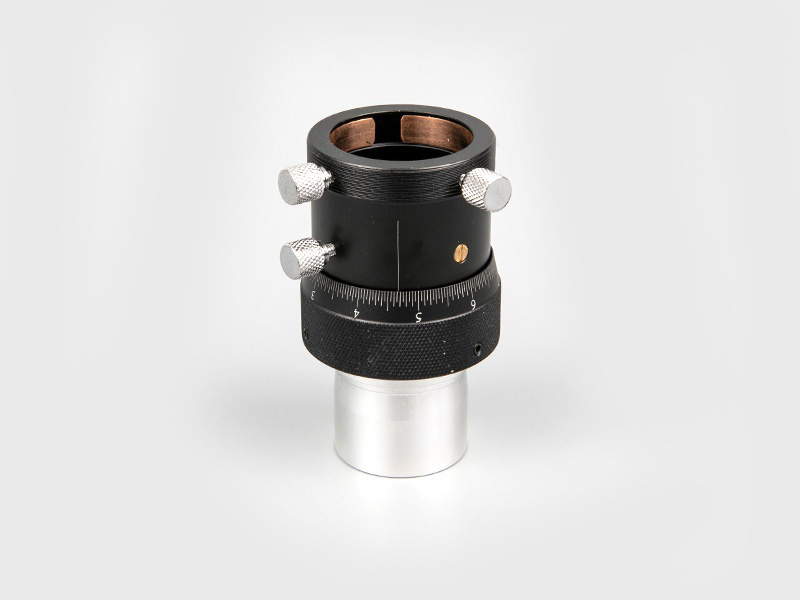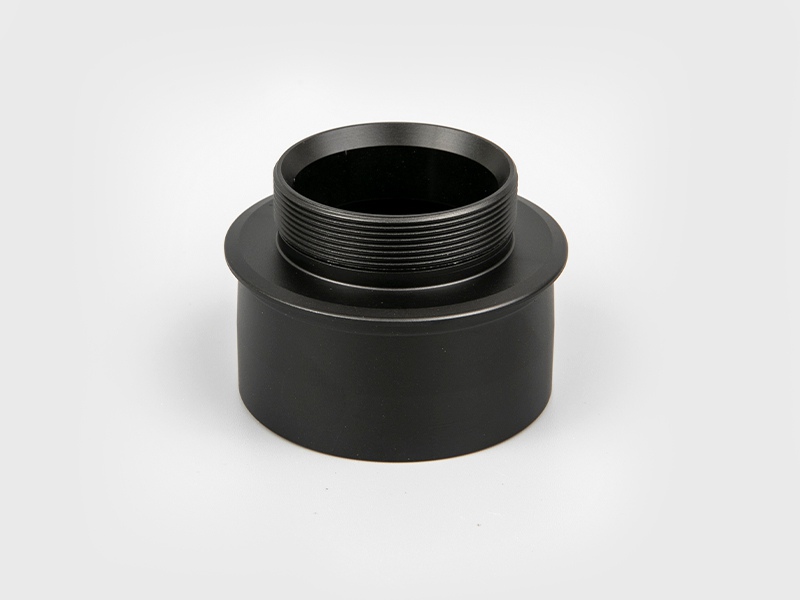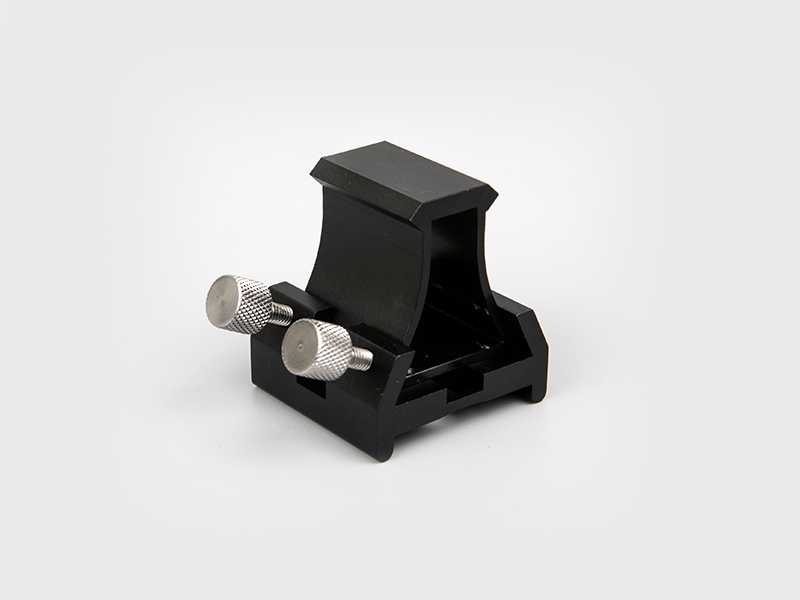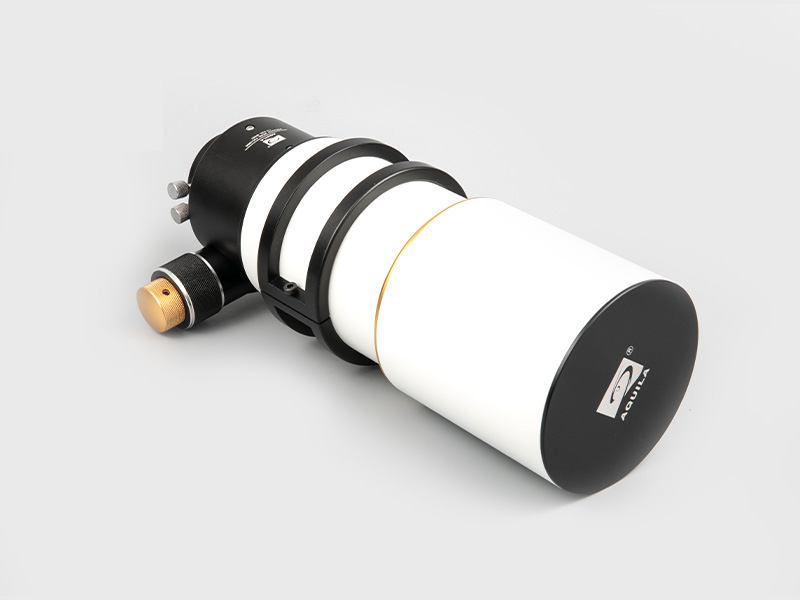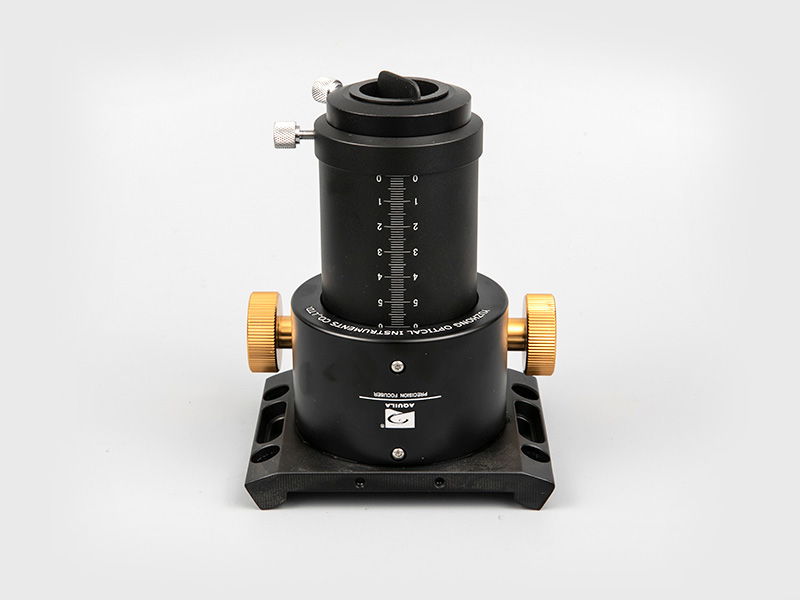1. Regarding telescope multiples:
The main parameters are marked on each telescope. For example, 7*35 means that the mirror is 7 times, and the objective lens diameter is 35mm. Generally, 6 times or less is low magnification, 6-10 times is medium magnification, and 10 times or more is high magnification. Many people always think that the higher the multiplier, the better. Some manufacturers also use false high magnification to attract consumers. In fact, the reasonable multiplier of a telescope is related to the telescope's aperture and observation method: the larger the aperture, the higher the multiplier can be. , The fixed observation with a tripod can be higher than the handheld observation. If you buy hand-held observation binoculars, the range of 7-10 times is sufficient, and the maximum is not more than 12 times. Otherwise, the higher the multiple, the smaller and darker the observation field will be, and the observation effect will decrease, especially when it is brought by high magnification. The jitter is also greatly increased, so that the observed scene cannot be stabilized and it is difficult to observe normally.
2. About the telescope aperture:
The larger the aperture, the greater the field of view and brightness, which is conducive to observation under dim light, but the larger the aperture, the greater the volume and weight, and the higher the cost. Generally, it can be selected between 30-50mm according to needs.
3. About the telescope field of view
The field of view refers to the observable field of view at a kilometer, such as 1000/93M, which means that the telescope can observe a wide range of 93 meters at a kilometer, and it can also be converted to "degrees" to represent 5°30'. The comparison of the field of view size must be carried out under the conditions of similar aperture and the same multiple. The key to the size of the field of view lies in the design of the eyepiece part of the prism system. The high-end varieties and military telescopes of general famous manufacturers adopt the wide-angle and large-field design. The large field of view telescope will give people a wide, comfortable, relaxed and happy feeling.
4. About telescope coating
The function of lens coating is to reduce reflection, increase light transmittance, and improve observation brightness. The color of the coating has nothing to do with the quality. The lighter the coating, the smaller the reflection, the better. However, in recent years, various red and yellow film binoculars with strong reflections and brilliance have appeared in the market, which is very attractive to consumers. In fact, this poor quality coating The reflection loses a lot of light, makes the color cooler and darker, and the clarity decreases. What's more, some people call this inferior red film telescope "low-light night vision" and "infrared night vision telescope" to deceive consumers. In fact, the real infrared night vision device is a photomultiplier tube imaging, which is completely different from the principle of a telescope. It cannot be used during the day, is expensive and requires a power supply to work.
5. Telescope structural materials
In order to reduce costs, most ordinary telescopes on the market use plastic lens bodies and barrels. Only a few advanced products and military models use all-metal structures, which are expensive, but their sturdiness and durability are unmatched.

 English
English 日本語
日本語 Deutsche
Deutsche España
España

